News
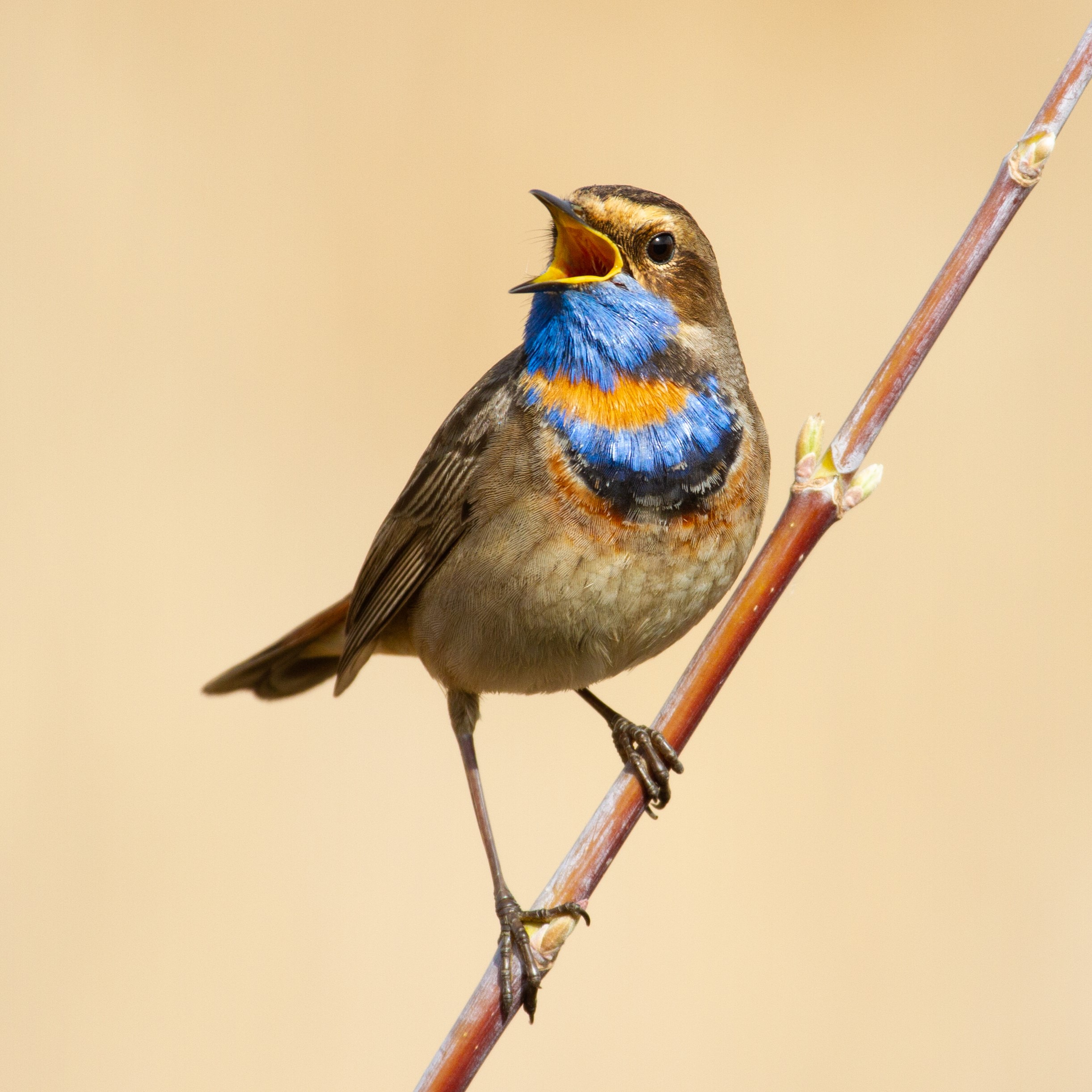
|
A new way to understand animals: "Bioacoustic AI" to make sense of their soundsMachine learning, often called "AI", makes it possible to uncover the mysterious world of animal communication, analysing their sounds that convey so much information. A new project called Bioacoustic AI is going to make this happen, and will use that information to monitor and protect wildlife. Tereza Petrusková from the Department of Ecology is participating in the project on behalf of our faculty. Published Sep 01, 2023 |
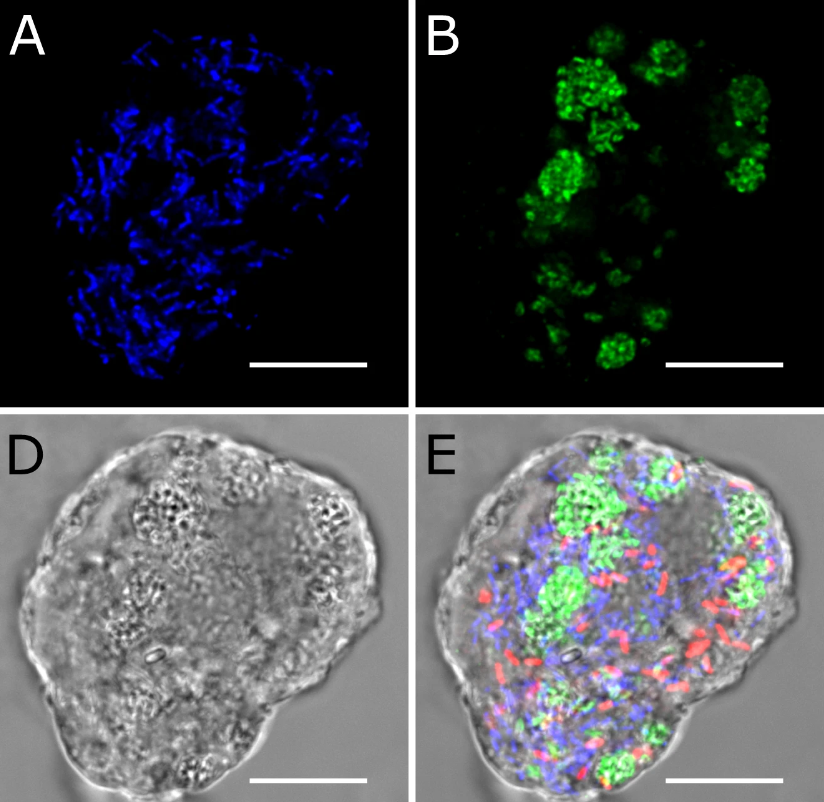
|
An Interesting Collaboration RevealedIn a new study, researchers from the Faculty of Science of Charles University, in collaboration with researchers from Max-Planck Institute for Terrestrial Microbiology and European Molecular Biology Laboratory from Heidelberg, have delved into the intricate partnership between anaerobic amoebae from the genus Pelomyxa and their prokaryotic companions. Pelomyxa, known for their unique symbiotic relationships with multiple prokaryotic endosymbionts, has long mystified scientists regarding the role these symbionts play in their host's metabolism. The study was published in the prestigious ISME Journal. Published Aug 29, 2023 |

|
Visit of the Korean delegation to our facultyOn Friday, 18th August, a delegation from the Korean Jeonbuk National University visited our faculty (and other faculties of Charles University). The visit, which was interested in the ways of teaching and establishing possible cooperation, was welcomed at the faculty by the vice-dean for the biology section, Prof. Petr Horák. Together, they visited several specialized laboratories in Viničná 7 and finally the Botanical Garden of the Faculty of Science. Published Aug 18, 2023 |
How Trypanosoma escaped the immunityTrypanosoma brucei gambiense is responsible for over 95 % of sleeping sickness cases – a disease that threatens many inhabitants of Africa. Like any parasite, Trypanosoma is trying to escape the human immune system quite successfully, despite being exposed to the hostile environment of the intravascular system. Its elaborate mechanisms against adaptive immunity have been described but how does this parasite outsmart the early stages of immune response? An international research group, joined by Martin Zoltner from the Faculty of Science, Charles University, tried to answer that question. Published Aug 14, 2023 |
|
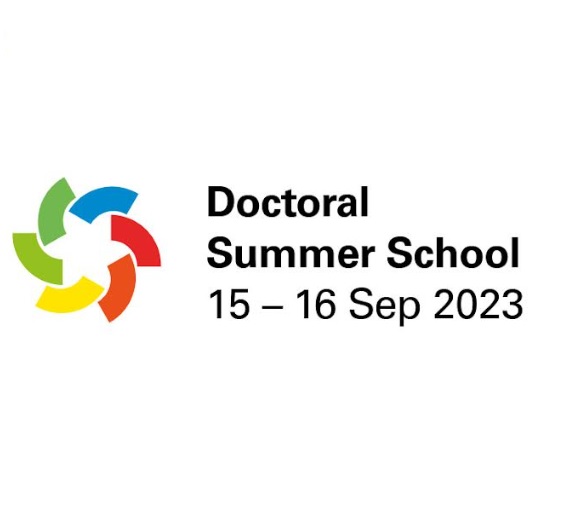
|
Doctoral Summer School 2023We are happy to inform you that the registration for the second Doctoral Summer School 2023 in Prague is now open for Early-Career Researchers in the Czech Republic. This summer school will take place in Prague on 15-16 September 2023. The aim of the PhD summer school is to improve the skills of early career researchers in three important areas. Each participant will receive a certificate and the official language of the event is English. More information can be found in this newsletter. Published Aug 14, 2023 |
How much do cities affect bird lives?You have probably already noticed the decline of insects in nature, either through the media or even from your own experience. Now, an international European research group has investigated how disappearing insects can affect bird populations. Professor Jiří Reif, from the Faculty of Science at Charles University, was involved in this research too, particularly in the planning of the project. According to the authors, insectivorous birds could be negatively affected by the depletion of insect communities. Published Aug 13, 2023 |
|
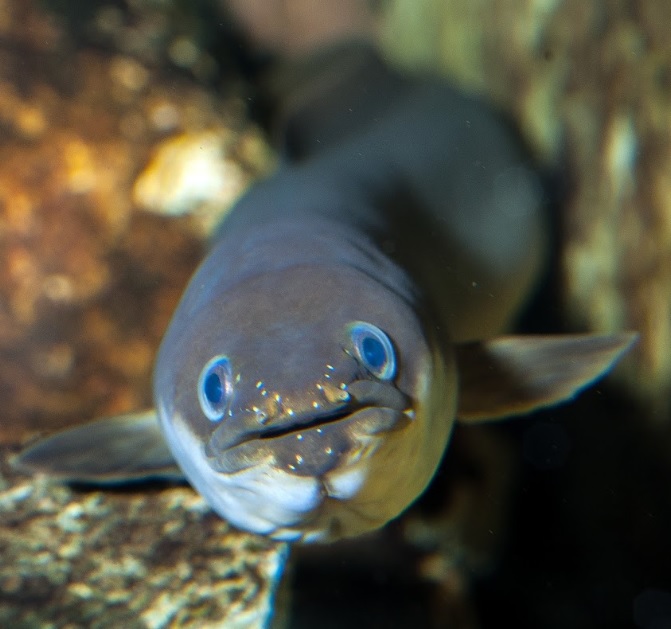
|
Sensory evolution: Fish smelling well in the water and in the airSome fish do come ashore at night have an unusually high number of olfactory receptor genes that might allow them to smell in the air. Analysis of two hundred fishes, including some that are able to move overland, suggests that the sense of smell in some amphibious fishes has adapted to their new way of life. Zuzana Musilová, Demian Burguera and from the Fish Evolution Biology group and Pavel Němec, Francesco Dionigi, Kristina Kverková and Yicheng Zhang from the Sensory and Evolutionary Neurobiology group at the Faculty of Science of Charles University present a new study published in BMC Biology addressing this topic. Published Aug 11, 2023 |
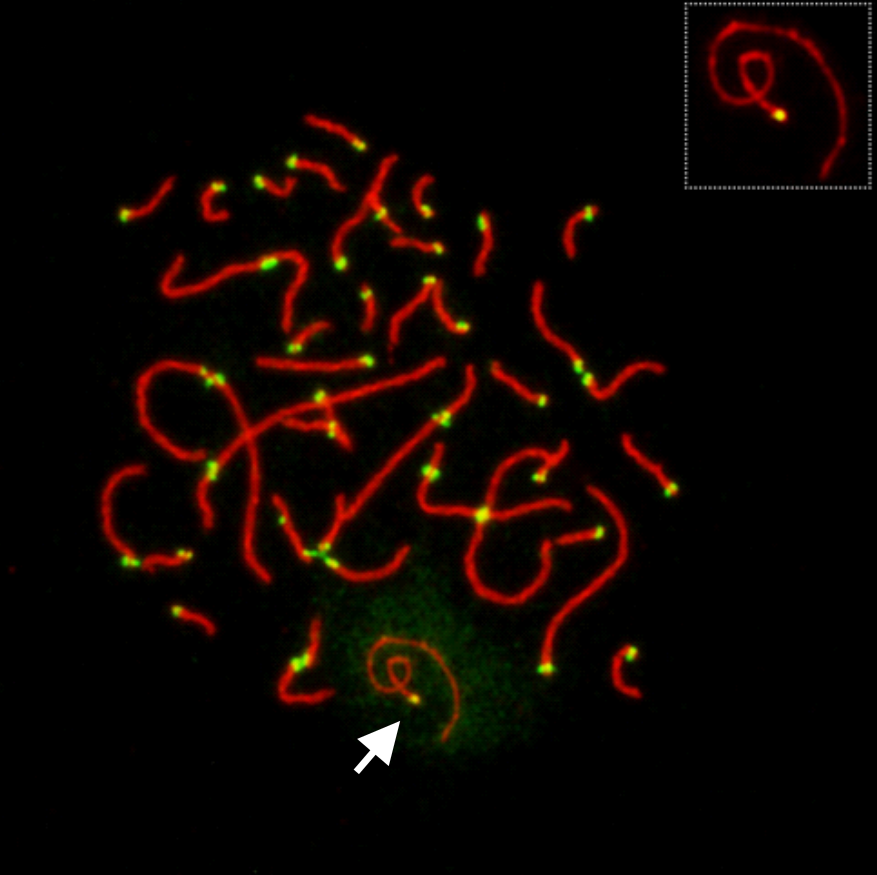
|
Peculiarities of the germline-restricted chromosome of songbirdIn multicellular organisms, all cells of an individual normally contain the same genetic information and cell differentiation is achieved through regulation of gene expression. There are exceptions, however, where, instead of silencing, certain sequences are permanently deleted from the genome. An interesting example of this programmed DNA elimination has been described in songbirds, where a whole chromosome is lost from somatic cells early on in embryo development and is maintained only in the germ cells. In a paper, which has just been published in the prestigious journal Nature Communications, the team of Radka Reifová from the Department of Zoology, with Stephen Schlebusch as the first author, together with other researchers sequenced this chromosome in two closely related songbird species, providing one of the first insights into the importance and evolutionary dynamics of this peculiar chromosome. Published Aug 02, 2023 |
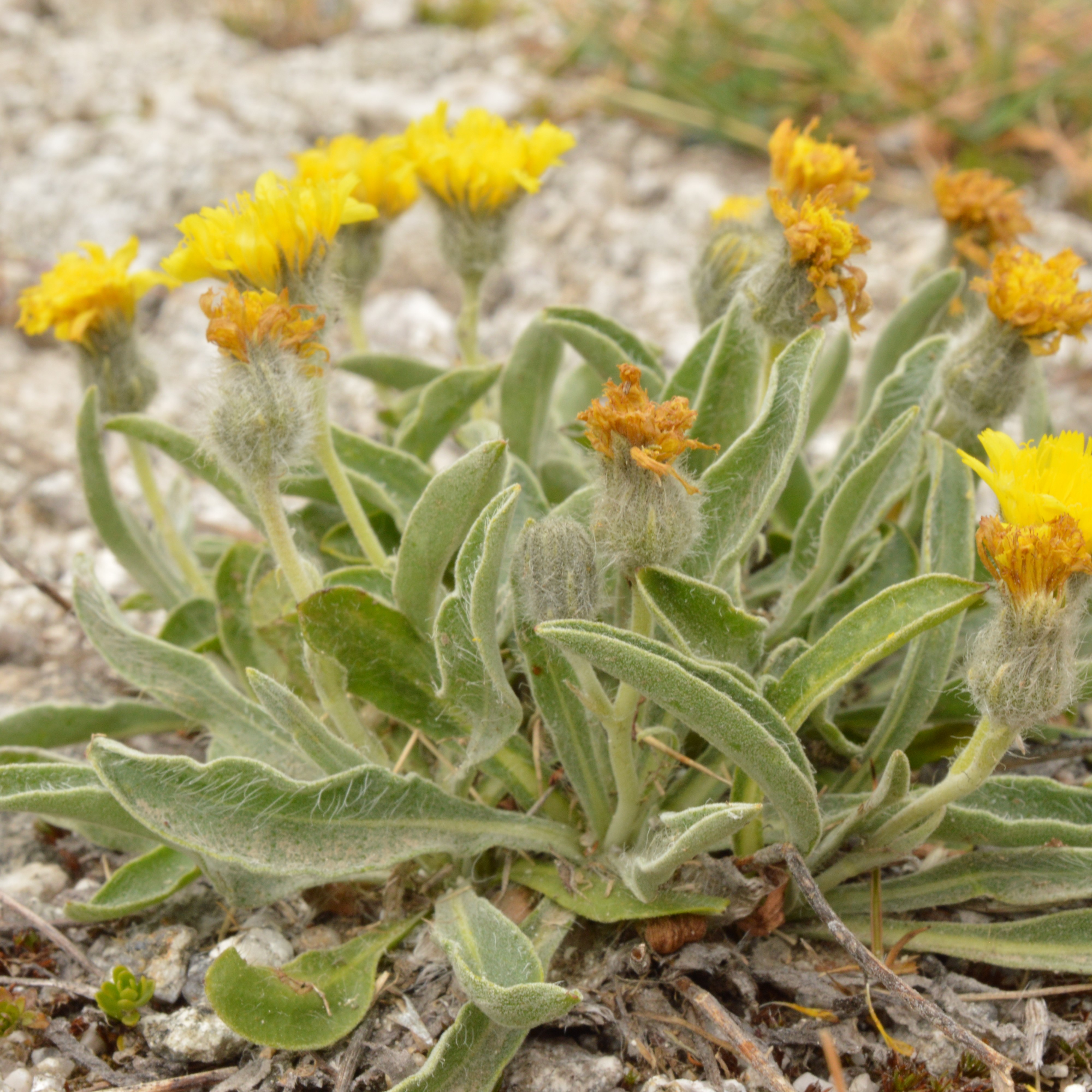
|
Whole genome multiplication triggers production of evolutionary novel traitsPlants have taken an interesting path in their evolutionary journey. Increasingly, it appears that they can very effectively use the multiplication of chromosome sets and their eventual subsequent reduction to their advantage. How exactly do they do this, and what reproductive, ecological or evolutionary advantages do they derive from it? Patrik Mráz from the Faculty of Science at Charles University is one of the co-authors of a new study that reveals new insights into reproductive strategies in whole genome-multiplying plants. Published Jul 31, 2023 |
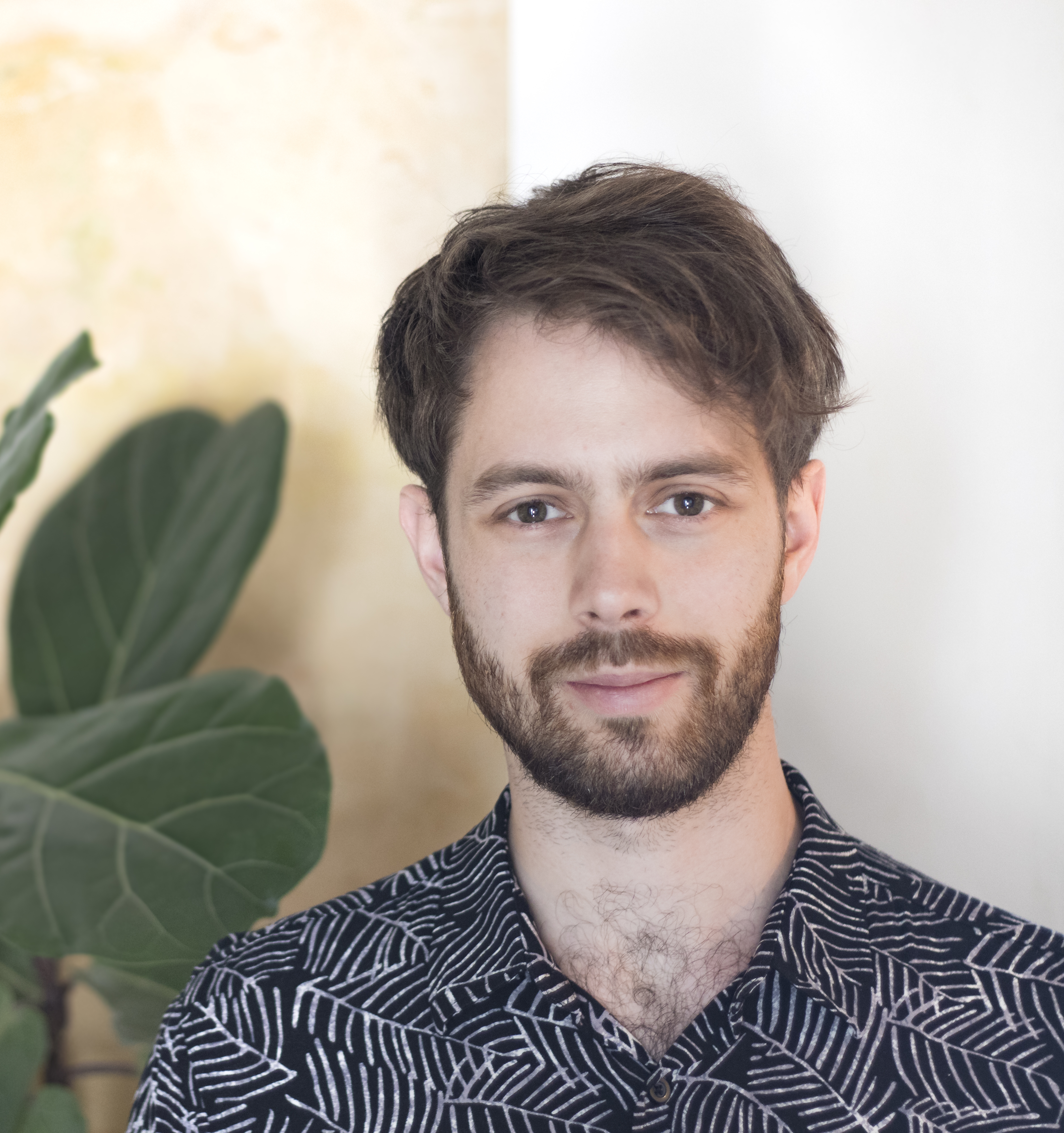
|
Fresh graduate Daniel Palouš co-authored an article in the journal ScienceDaniel Palouš who recently completed his Master's studies, accomplished a research stay in the Global Ecosystem Ecology Laboratory led by prof. Dr. Tom Crowther at ETH Zurich with the support of several foundations and the Laboratory of Plant Ecophysiology under the guidance of prof. Jana Albrechtová, Faculty of Science, Charles University. As a result of his stay, he co-authored a study recently published in the journal Science. We sincerely congratulate Daniel and the entire Plant Ecophysiology Laboratory on this achievement! Published Jul 26, 2023 |

|
34th International Biology Olympiad - the Silver and Bronze Ages continueIn Al Ain, on the border with Oman, in the United Arab Emirates (UAE), this year's edition of the Biology Olympiad was extraordinary in many ways. It was originally scheduled to take place in Russia, but given the circumstances, it was already clear last year, in Yerevan, Armenia, that this would not be the case. At the last minute, with the great efforts of Lenka Libusova (Department of Cell Biology, Faculty of Science, Charles University), the chair of the International Biology Olympiad, a new host country was obtained. Published Jul 14, 2023 |
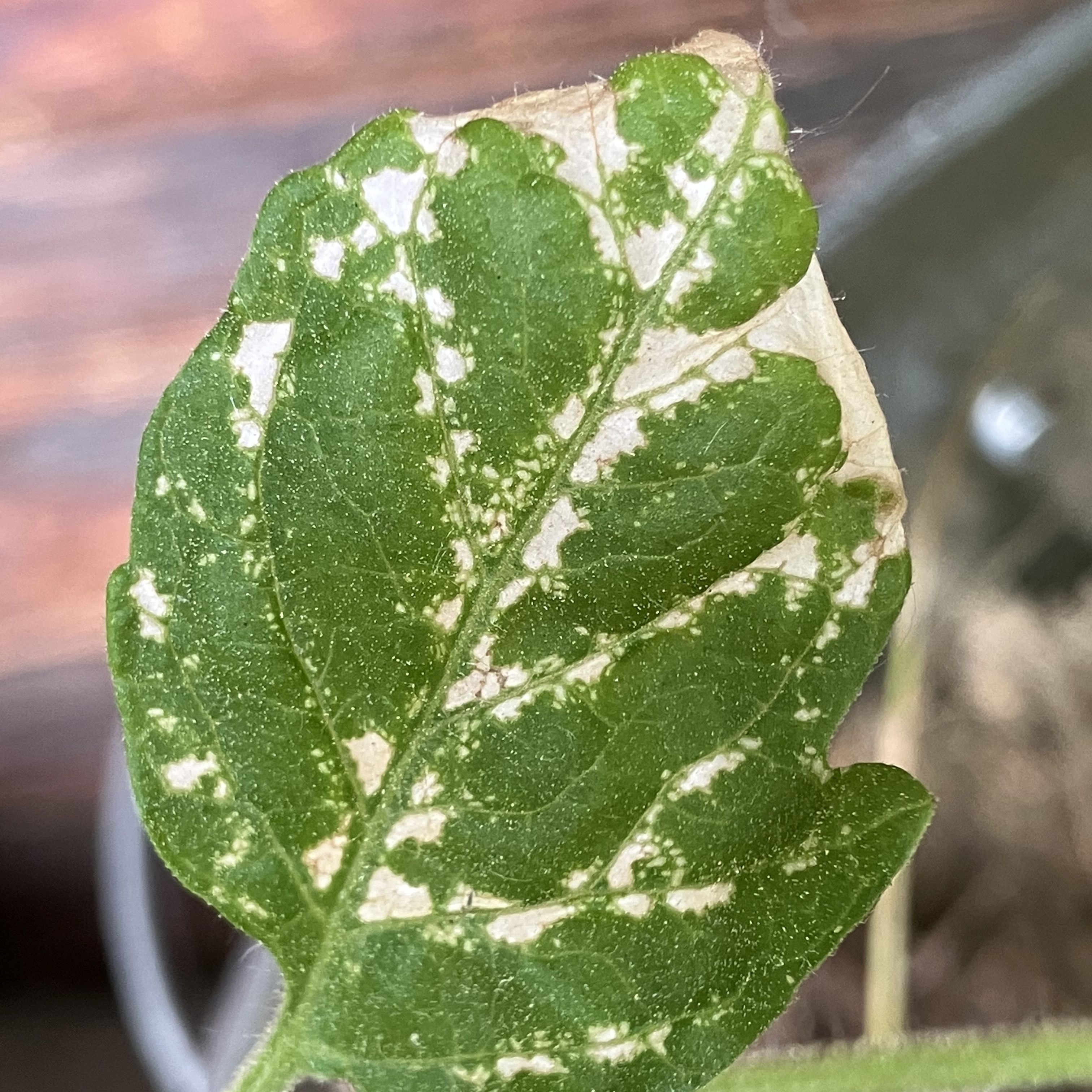
|
How high is the ambient ozone?Ambient ozone is one of the major pollutants in the air. Its presence is highly undesirable as it is toxic to living organisms and causes damage to forest stands. Monitoring ambient ozone is therefore very important. But how does it behave at different levels close to the surface in an area with relatively clean air? This question has not yet been answered. A team of experts led by Iva Hůnová from the Institute for Environmental Studies at the Faculty of Science of Charles University, together with Marek Brabec and Marek Malý from the Czech Academy of Sciences, set out to find out the results. Published Jul 10, 2023 |
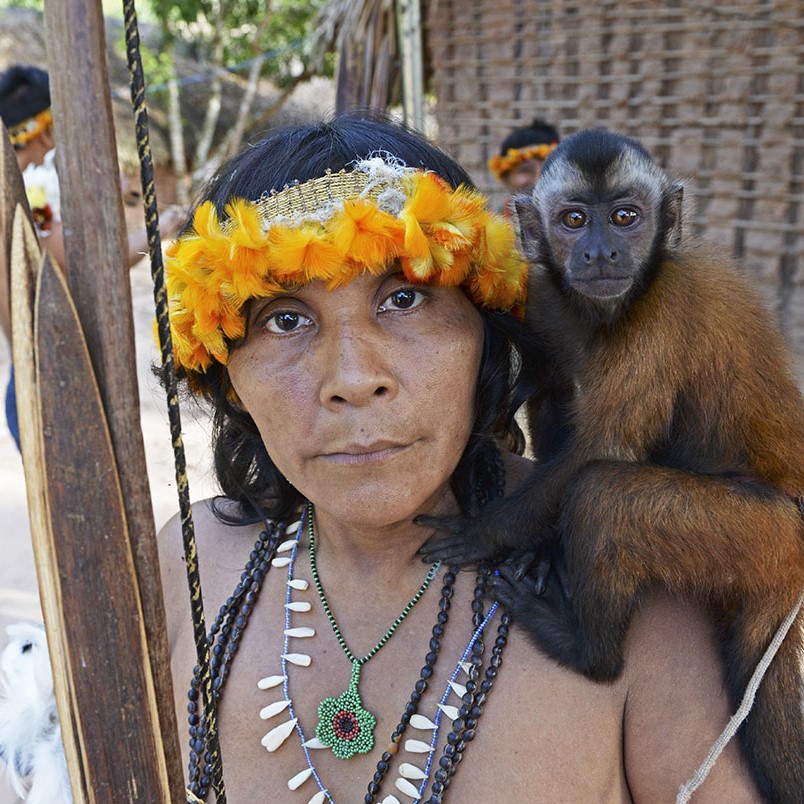
|
Shattering the myth of men as hunters and women as gatherersThe Department of Anthropology and Human Genetics of the Faculty of Science, Charles University hosts a visiting Fulbright scholar, dr. Cara Wall-Scheffler (Seattle Pacific University). Her new article in PLOS One shows that women in hunter-gatherer societies around the world are not just gatherers, but often skillfully hunt big game. Published Jul 03, 2023 |
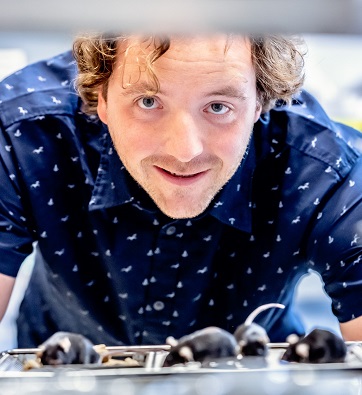
|
New type of immune cells has a strong Czech footprint108,555. Such a staggeringly high number is the impact factor of the Nature Review Immunology journal, whose latest issue has just published a paper with Jan Dobeš from the Department of Cell Biology at the Faculty of Science, Charles University as the co-author. The main topic of the review article is a new type of immune cells, to whose discovery Jan Dobeš made a major contribution. Published Jun 29, 2023 |
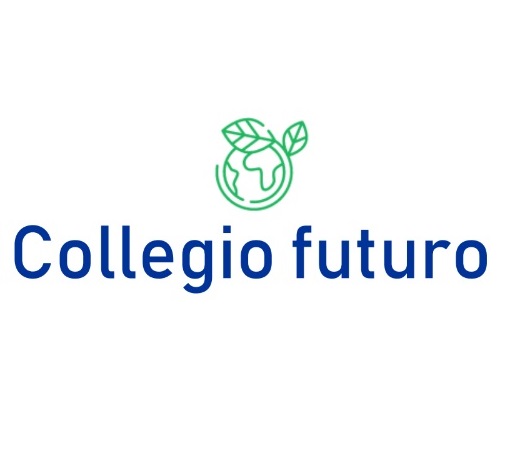
|
Collegio futuro: Course offer for PhD studentsCollegio futuro, a programme of EU4+ universities, announces the next edition of the course for Ph.D. students. It aims to teach students interdisciplinary, international collaboration in the field of sustainability and to foster the ability to communicate results outside academia. The course includes a week-long camp in Germany followed by online collaboration. The course will be run at SiS as a PhD course from October, with a capacity of 5 candidates. The deadline for applications is 5 July 2023. Published Jun 07, 2023 |
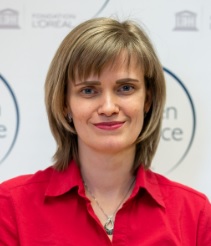
|
The L´Oréal-UNESCO Award for Women in Science goes to our facultyThe 17th edition of the talented L´Oreal - UNESCO Women in Science programme has already announced three new winning projects. One of the three women scientists who impressed the jury with their projects is Mgr. Pavla Eliášová, Ph.D. from the Department of Physical and Macromolecular Chemistry. Congratulations! Published May 18, 2023 |
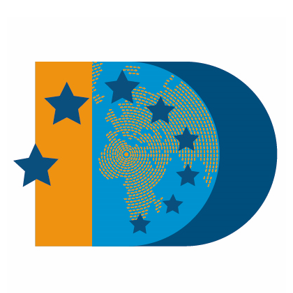
|
Faculty participates in the international project DURABLEDURABLE (Delivering a Unified Research Alliance of Biomedical and public health Laboratories against Epidemics) is a research project running from February 1, 2023, to January 31, 2027, aimed at addressing the increasing outbreaks of infectious diseases through a unified and coordinated approach. It establishes a strong network of world-class research institutes and public health centers across Europe to provide high-quality scientific information in record time, supporting decision-making in response to cross-border health threats. RNDr. Ruth Tachezy, Ph.D. coordinates the project for our faculty, the Departments of Genetics and Microbiology and the Department of Parasitology are involved. Published May 15, 2023 |
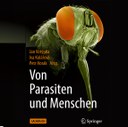
|
The book "O parazitech a lidech" has just been released in GermanThe book "O parazitech a lidech" has just been released in German. This popular science publication, which won the Magnesia Litera Award for Non-fiction in 2019, is celebrating another success, this time beyond national borders. It is currently being published under the title "Von Parasiten und Menschen" by the German publishing house Springer Berlin. Published May 05, 2023 |
Results of the photo contest Šutroskop (MicROCKscopia)The evening of 4 May was devoted to the announcement of the results of the first year of the geoscience-themed photography competition for students of all disciplines and years of the Faculty of Science of Charles University "Šutroskop". The competition was organized by the Geological Art Society (GAS). Published May 04, 2023 |
|

|
Johnson Matthey Academic Conference 2023 – The Best Poster Award goes to our faculty3rd year PhD student Anastasia Kurbanova (from Dept. of Physical and Macromolecular Chemistry) won the best poster award at the Johnson Matthey Academic Conference 2023. Anastasia is doing her PhD studies under supervision of Dr. Jan Přech in the research group of Prof. Jiří Čejka with the main research focus on synthesis and catalytic application of zeolites. Published Apr 28, 2023 |